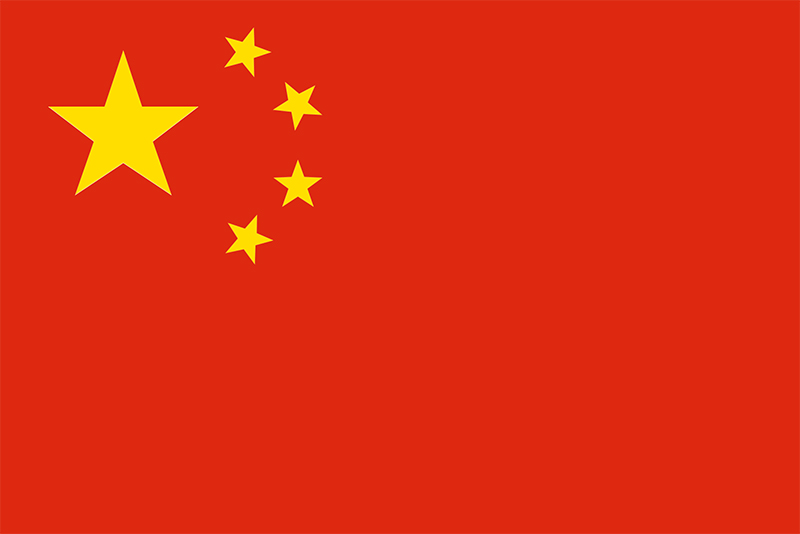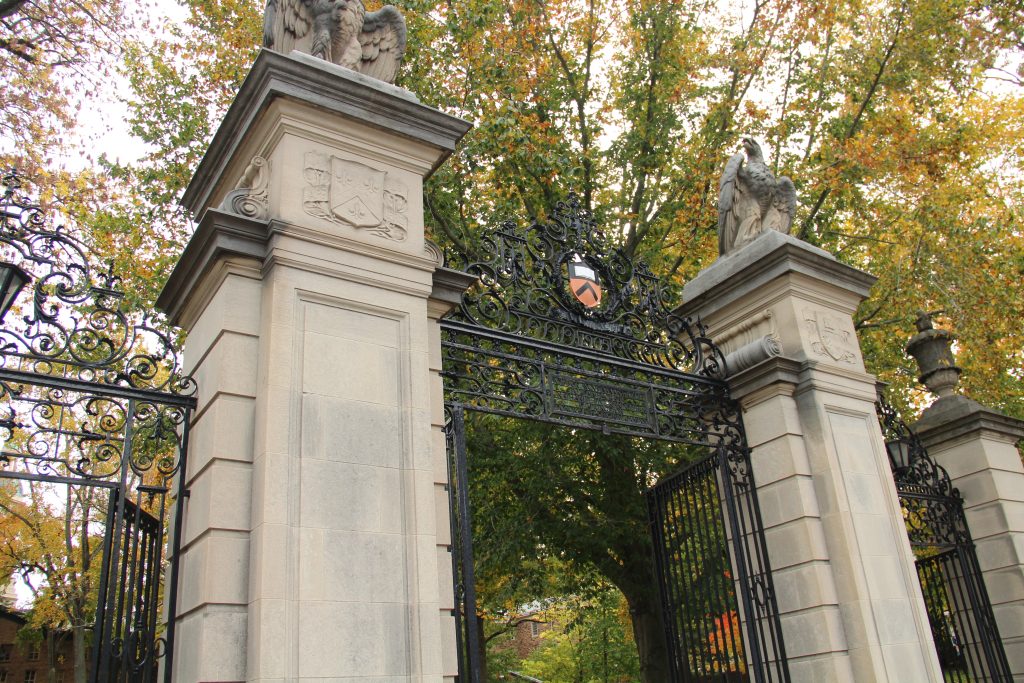Princeton University is renowned for its rigorous academics and influential research, attracting students who seek both intellectual challenge and a supportive learning environment. With a strong emphasis on close mentorship and a commitment to public service, Princeton cultivates leaders prepared to make meaningful contributions locally and globally. Here’s what makes Princeton stand out.
Admissions
Admissions to Princeton are highly selective. The university looks for students with academic excellence, strong personal character, and intellectual curiosity.
- Overall acceptance rate: 4%
- Single-choice early action acceptance rate: 10%
- SAT score range (middle 50%): 1500–1580
- ACT score range (middle 50%): 34–35
- Application deadline: January 1
- Application fee: $70
- Test policy: Standardized tests are not required but considered if submitted
Key academic factors: GPA, class rank, and letters of recommendation are all considered very important in the admissions review.
Academic and Faculty
At Princeton, students benefit from a low student-to-faculty ratio of 5:1, allowing for close collaboration and connections with professors. The university employs 1.315 faculty members, many of whom are leaders in their fields, including 32 Nobel Prize winners among current and former faculty and staff.
The school offers 36 academic departments, 10 master’s degree programs, and 45 doctoral programs, along with 24 interdisciplinary doctoral tracks and 70 undergraduate minors and certificate programs. Research is a major focus, with 1,740 research funding awards supporting projects across disciplines.
Student Life
Princeton is home to 5,727 undergraduates and 3,225 graduate students. About 96% of undergraduates live on campus. Student life is vibrant, with over 500 student organizations and more than 400 international internship opportunities available.
There are 725 international undergraduates, and 21.7% of the Class of 2028 are eligible for low-income federal grants.
Estimated Cost of Attendance (2025-2026)
| Category | Amount |
| Tuition | $65,210 |
| Housing | $12,450 |
| Food | $8,720 |
| Fees | $288 |
| Miscellaneous Expenses | $4,050 |
| Estimated Total | $90,718 |
- Housing and food estimates are based on standard university dorms and meal plans.
- Fees include class dues and activity fees.
- Miscellaneous includes books, supplies, and personal expenses
- Transportation is not included
- Students without family health coverage must enroll in the Student Health Plan
Payment & Financing Options
| Option | Details |
| Semester Plan | Pay once per semester—fall and spring. Additional charges (e.g., books) are billed as they occur. |
| 10-Month Payment Plan | Spread payments from August to May. Requires a $40 enrollment fee per semester. |
| Princeton Parent Loan (PPL) | Available to credit-qualified families. Fixed interest rate: 6.81%, adjustable annually. |
| Direct PLUS Loan | Federally sponsored. Parents may borrow up to the full cost of attendance. Fixed interest: 9.08%, with up to 4.228% fees. |
| Student Bill Estimator | Available for families not using aid to estimate personalized costs. |
While loans are available, Princeton’s no-loan policy means borrowing is not required for students who qualify for need-based aid, allowing most to graduate with little or no debt.
Application Options at Princeton University
| Application Type | Single-Choice Early Action (SCEA) | Regular Decision (RD) |
| Binding? | No (nonbinding) | No (nonbinding) |
| Application Deadline | November 1 | January 1 |
| Decision Notification | Mid-December | Late March |
| Reply Deadline | May 1 | May 1 |
| Restrictions | Cannot apply early to other private U.S. colleges | No restrictions |
| Allowed to apply early to: | ||
| 1. Public universities (nonbinding) | ||
| 2. International schools (nonbinding) | ||
| 3. Rolling admission programs (nonbinding) | ||
| Possible Outcomes | – Admit- Deny- Defer to regular decision | – Admit- Deny- Waitlist |
Application Timeline & Required Materials
| Date | Details |
| Mid-August | Application opens via Common or Coalition App (with Princeton-specific questions) |
| Nov. 1 | Deadline for:- Application- Graded Written Paper- School Report- School Counselor Letter & Transcript- Teacher Evaluation Forms 1 & 2- TOEFL/IELTS/PTE (if required) |
| Nov. 6 | Optional Arts Supplement due |
| Nov. 9 | Princeton Financial Aid Application due (SCEA applicants) |
| Jan. 1 | Deadline for Regular Decision applicants (same materials as above) |
| Jan. 8 | Optional Arts Supplement due (Regular Decision) |
| Feb. 1 | Princeton Financial Aid Application due (Regular Decision applicants) |
| Mid-Dec / Late Mar | Admissions decision released |
| May 1 | Candidate’s reply deadline (for all admitted students) |
Important Notes
- Admission Outcomes for SCEA or RD:
Offer admission
Deny admission
Defer (SCEA only) or Waitlist (RD only) - Financial Aid Decisions:
If you complete your financial aid application on time, your award details will be sent along with your offer of admission.
Campus and Facilities
Spanning 3,500 acres in Princeton, New Jersey, the campus blends historic architecture with modern facilities. There are 200+ buildings, 7 residential colleges, and a library system with 9 locations. The Princeton University Art Museum holds more than 115,000 works in its collections, and the university contributes over $2 billion annually to the regional economy.
Athletic and Extracurriculars
Princeton’s athletic tradition is strong. The university fields 38 varsity teams and 39 sport club teams, with athletes having won 227 national championships. Princeton also has a proud Olympic legacy, with 163 alumni having competed in the Games. Football has been played at Princeton for 155 years, and the university has claimed 27 Ivy League titles in field hockey alone.
Alumni Network
Princeton holds a powerful alumni network. With 100,022 living alumni across 140 countries, the university maintains a strong sense of community long after graduation. Notable alumni include three U.S. Supreme Court justices, two U.S. presidents, and 24 Nobel Prize winners. Every year, over 26,000 alumni return for Reunions, and 27,000 serve as volunteers around the world.
Life After Graduation
Post-graduation income varies widely depending on the industry graduates enter. While just 6.6% of all seniors expect to earn over $200,000 in their first job after college, nearly 25% of those entering software engineering can anticipate reaching that level. In contrast, graduates pursuing careers in education, public service, or public health most commonly start with salaries between $30,000 and $50,000. The chart below breaks down these percentages in more detail, illustrating the diverse financial outcomes for the Class of 2024. Additionally, it’s worth noting that 97% of these graduates gained valuable summer work experience, earning at least $1,000 during their college summers, with 17.4% making over $20,000 in a single summer.
| Expected Income | Percentage |
| 0 | 6.3% |
| $1–$29K | 9.8% |
| $30K–$59K | 26% |
| $60K–$89K | 19.5% |
| $90K–$119K | 15.3% |
| $120K–$149K | 8.5% |
| $150K–$179K | 4.4% |
| $180K–$199K | 3.5% |
| $200K–$249K | 2% |
| $250K + | 4.6% |
At Ivy Talent, we provide families with the right resources and guidance to make the process easier. Contact us for more information on how to get your child into the ideal school.
 中文
中文 Tiếng Việt
Tiếng Việt




